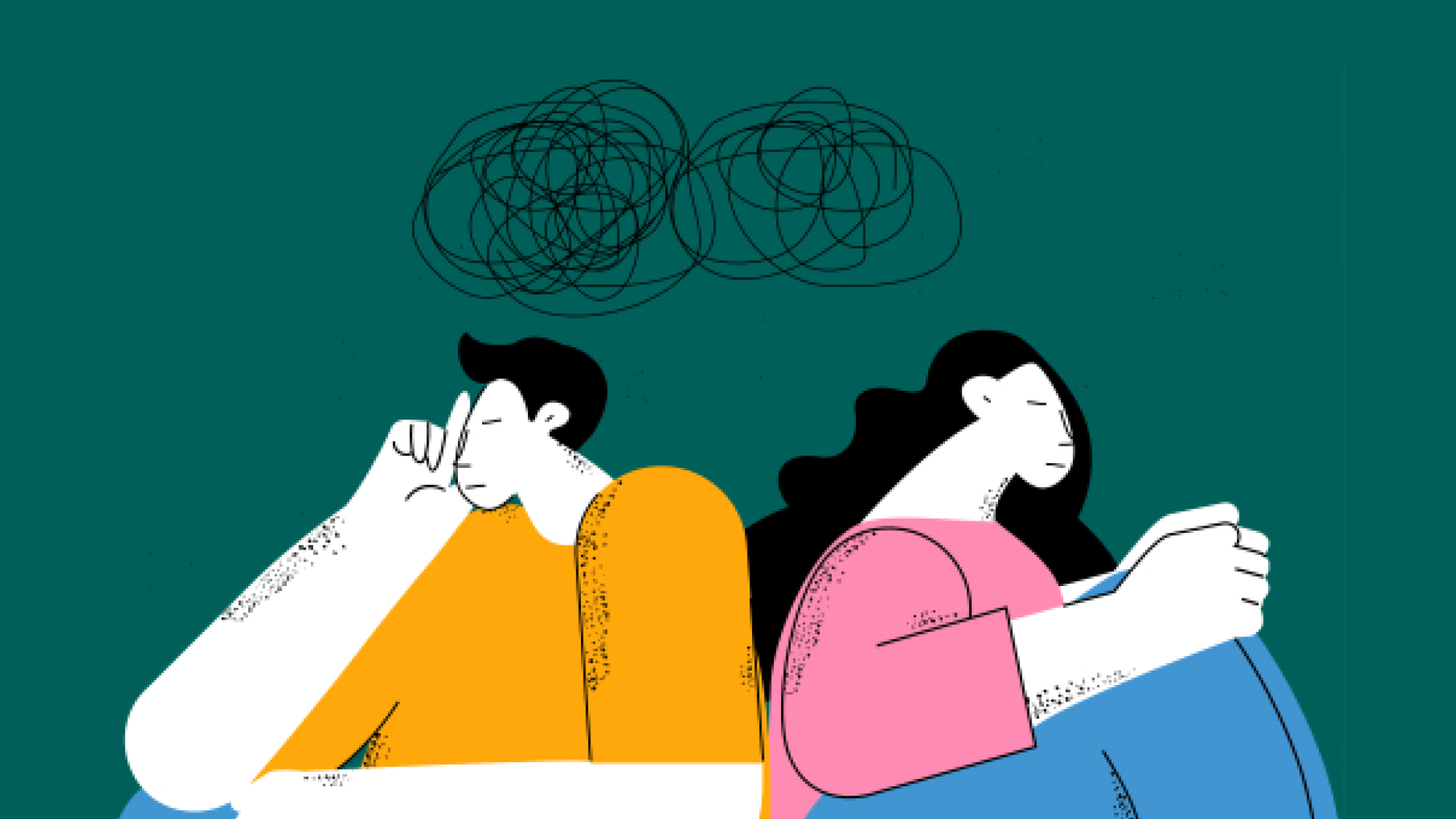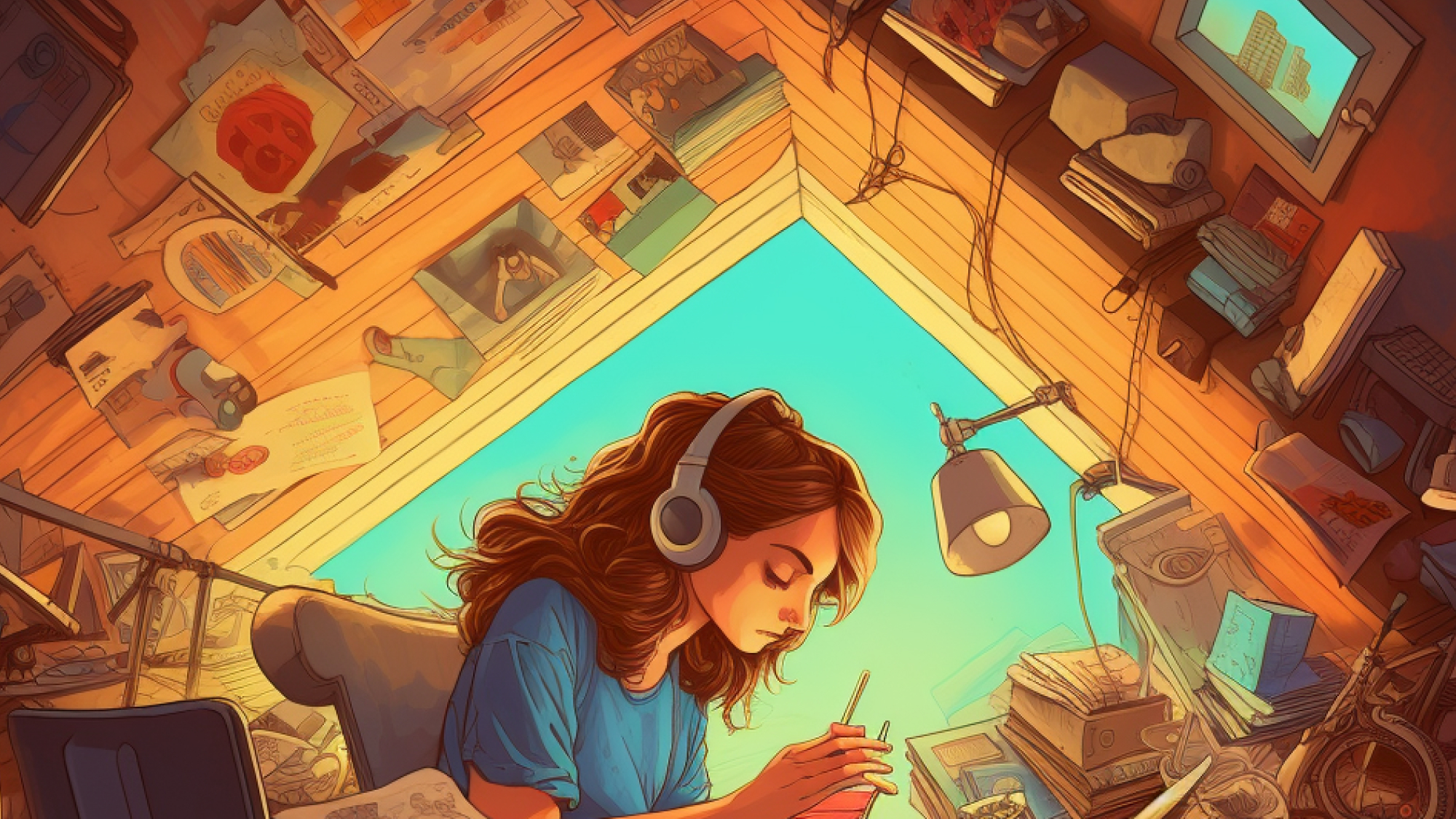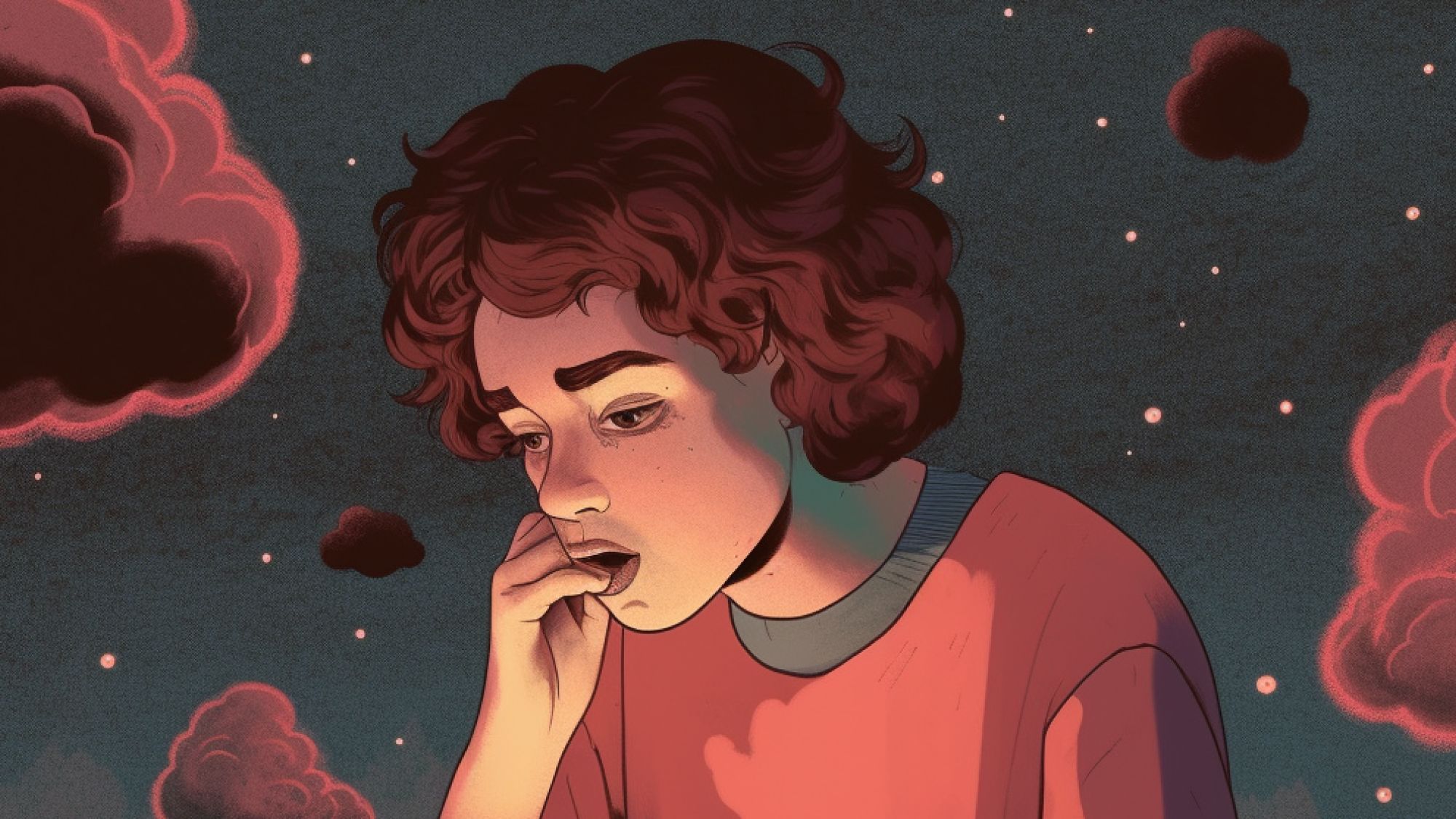
We’re living in an age of anxiety.
Despite being in an era of absolute abundance and with convenience at every corner, both Millenials and Gen Z are more anxious than any generation that came before.
Where all this anxiety is coming from
There are plenty of reasons why we’re experiencing anxiety more than any previous generation, despite living more comfortably and conveniently than ever before.
- Tons of debt — More than any previous generation, getting a university education or a home has never been more expensive — especially in countries like the US. As such, so many Millenials and Gen Z are riddled with debt coming out of graduation and as a result, are having to delay major financial decisions for their life.
- Dead-end jobs — Many Millennials entered the job market through the Great Recession of 2008. As such, they had to take a lot of jobs for the sake of getting by and/or had no real future. Being stuck in a dead-end job can create a whole lot of day-to-day stress and anxiety.
- Stuck to a screen — While evidence continues to emerge over time, some studies have indicated that the more time spent staring at a mobile or computer device screen, the higher the risk of anxiety. Whether there’s a direct correlation or not, one thing we do know is that staring at a screen constantly disconnects you from your surroundings, and the people around you.

- Social media — Despite being an integral part of everyday life, social media drains your attention away, distracts you from being productive, and has proven to be potentially more addictive than even alcohol or cigarettes. Moreover, social media has also caused many of us to compare our lives to others, feeling high bouts of FOMO (the fear of missing out), which has been linked to lower mood and life satisfaction.
- Delays in adulthood — Unlike their parents or grandparents, Millenials and Gen Z are living in a world where focusing on yourself and/or building up a career is what is prioritized. As a result, there is a delay in many milestones of adulthood that previous generations went through: from getting married, buying a home, and having kids. According to one report, more than 4-of-10 Millenials do not live with a family of their own, being one of the slowest to establish their own household. While this path may seem freer, it is also less clear in nature, which can lead to internalized anxiety.
“They’re not homeowners, they’re not in relationships, they’re not getting married. They’re living in the basement of their parents’ home. There are all kinds of things that have frustrated their efforts to get ahead. The generation as a whole is among the most educated it has ever been, but the path to success is also less clear.“
— Lisa Strohschein, Sociologist at University of Alberta
To top it all off, the advent of an ongoing pandemic has only made things worse, with reports stating that global anxiety and depression levels had increased by 25% since COVID-19. From the continuous health concerns to some countries being forced to stay inside, it’s no wonder that anxiety is at an all-time peak.
What happens inside the brain when anxiety occurs?
This does not bode well for our brains, as long-term anxiety can physiologically transform our brains for the worse.
As mentioned in another article on neuroplasticity, our experiences can physically shape the way our brain becomes.

When we experience anxiety, there is an interaction of different parts of the brain, particularly in an area known as the limbic system — also known as the emotional brain. It’s here, that the mass of the amygdala — the part of the brain responsible for fear perception — can increase, while the area related to memory and learning, the hippocampus, ends up decreasing. These changes could lead to poorer memory recall, deficits in visual and verbal performance, and general executive dysfunction.
How to deal with anxiety
If left untreated, anxiety can do a whole lot more to the physical and mental self than just making you feel uneasy. Once again, chronic anxiety can reshape the plasticity of your brain entirely.
For the reasons mentioned earlier, you need to do more than sit around to deal with anxiety properly. While they may not be easy fixes, some of the steps below help to reduce symptoms of anxiety:
- Sleep deep — We know that sleeping helps to relieve the mind, but studies now show that deep sleep can really do a lot to reduce anxiety, with studies showing that even a single sleepless night raises anxiety levels by 30%. Studies have shown that the medial prefrontal cortex is responsible for reducing anxiety and stress, and yet on sleepless nights, this region is de-activated. In another study, researchers confirmed that those who experienced regular deep sleep had the least amount of anxiety the next day, with the quality of sleep being a good predictor of anxiety levels for the following day.
“Our study not only establishes a causal connection between sleep and anxiety, but it identifies the kind of deep [non-]REM sleep we need to calm the overanxious brain.”
— Eti Ben Simon, Ph.D.
- Mindful meditation — Meditation isn’t just about getting in a good headspace, but there are real proven benefits to mindful meditation. For example, in one study, they found that mindfulness meditation helped to reduce the inflammation caused by stress. Another study showed that people who were diagnosed with a generalized anxiety disorder had reduced symptoms of anxiety when practicing meditation, showing signs of increased self-esteem and improved coping with stress.

- Exercise regularly — Whether it’s depression, brain fog, or any other feeling of being down, exercise is always the go-to recommendation to help improve cognitive functions and general mood. The reason why is that there are plenty of benefits to exercising — simply put, it works. Physical activity can improve memory, and blood flow to the brain, and has been shown to decrease feelings of stress and anxiety.
- Do something creative — There are so many ways to learn new skills these days, from YouTube to Skillshare. Even if it’s not your job, find ways to engage in something creative, as a study has shown that those who engage in some form of arts report better mental well-being than those who didn’t.










